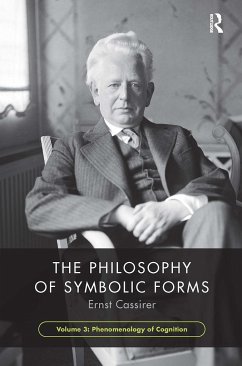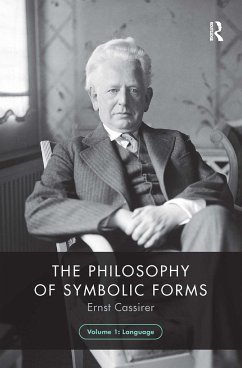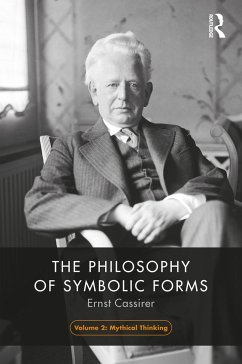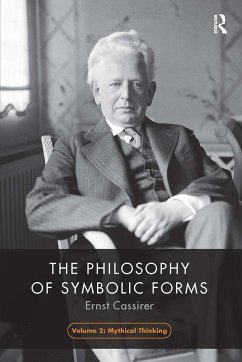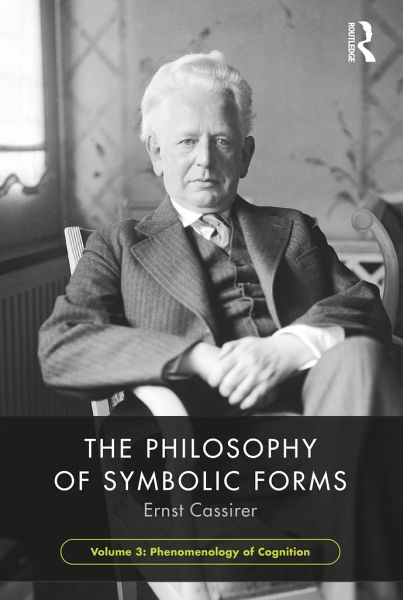
The Philosophy of Symbolic Forms, Volume 3
Phenomenology of Cognition
Versandkostenfrei!
Versandfertig in 1-2 Wochen
94,99 €
inkl. MwSt.
Weitere Ausgaben:

PAYBACK Punkte
47 °P sammeln!
The Philosophy of Symbolic Forms is Cassirer's most important work. This major new translation brings his magnum opus to a new generation of students and scholars. Volume 3: The Phenomenology of Knowledge is an exploration of epistemology, perception and consciousness across the human sciences





